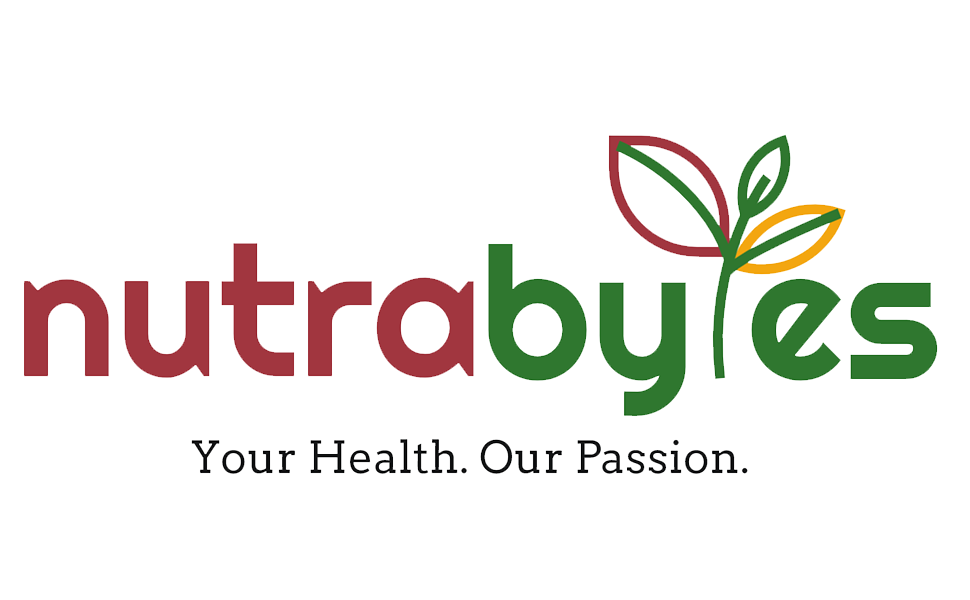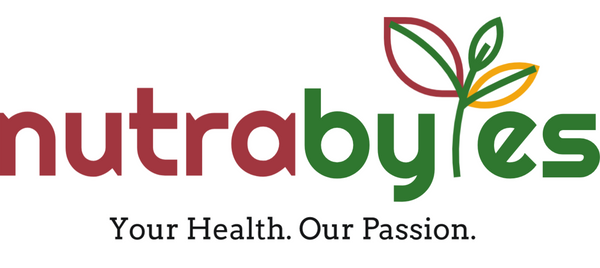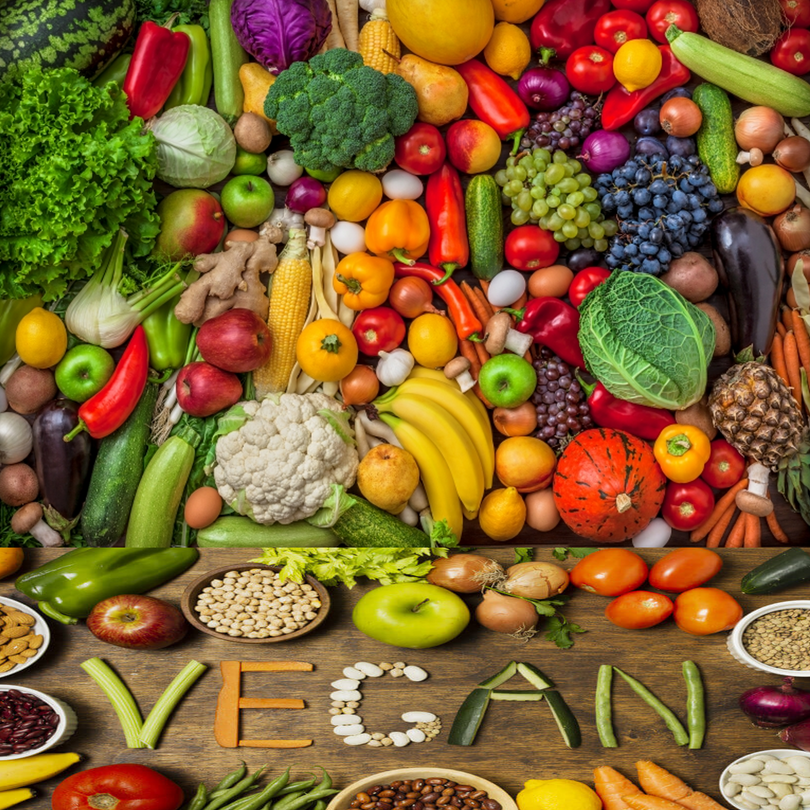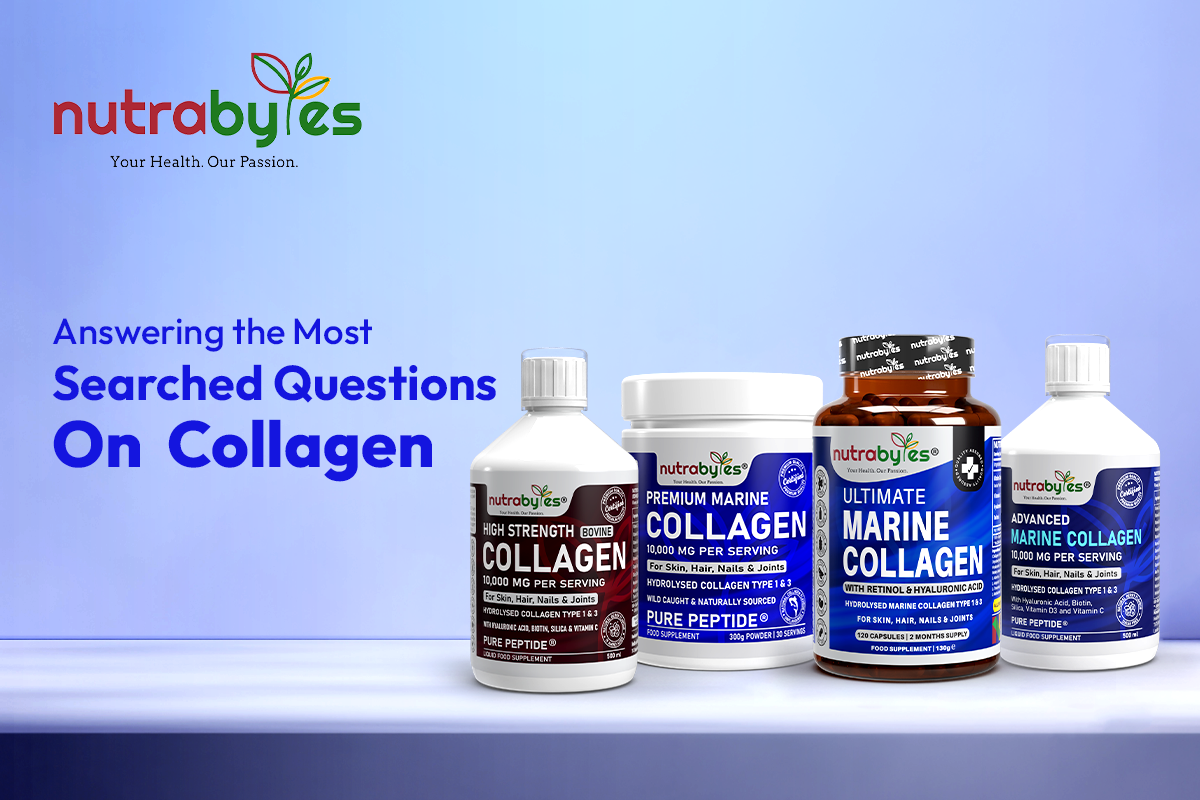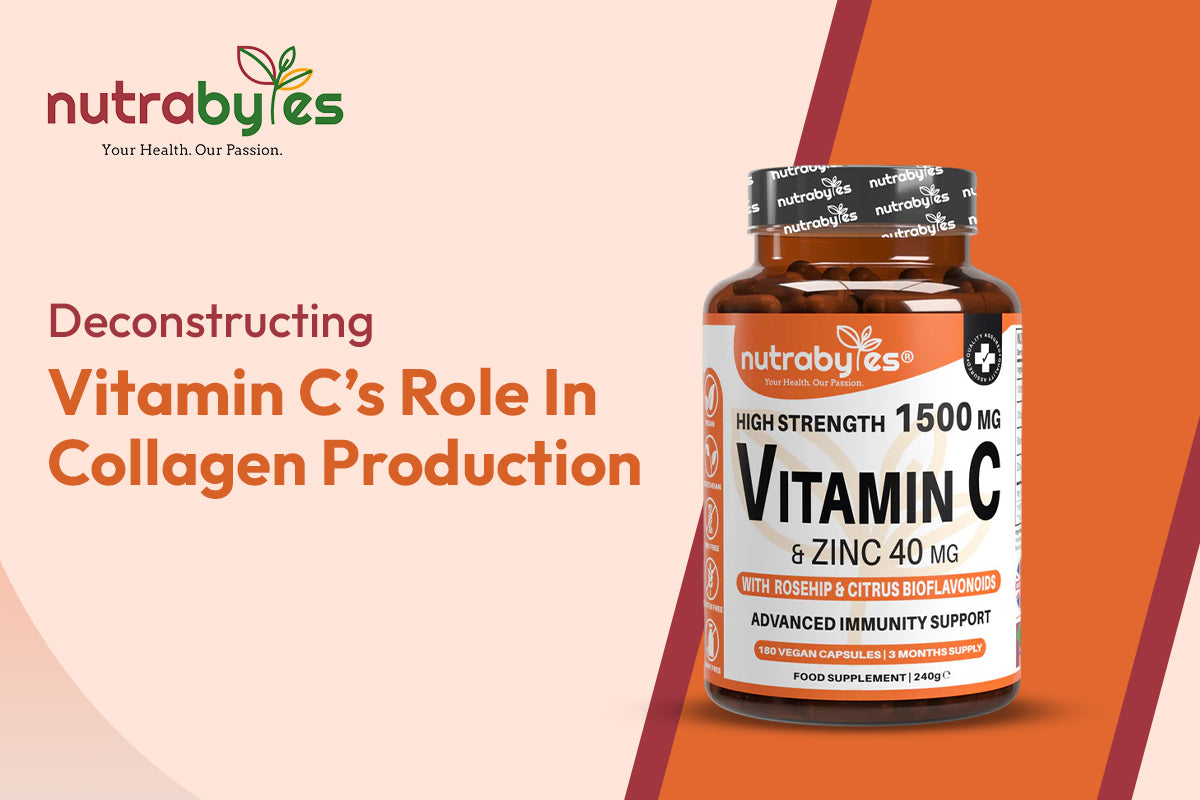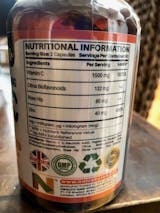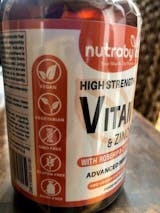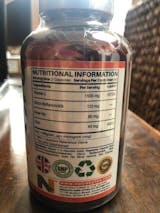Answering the Most Searched Questions On Collagen
Collagen has become the buzzword in beauty and wellness across the UK. But with so much information floating around online, it’s hard to know what’s fact and what’s just hype. In this post, we’re tackling the internet’s most asked questions about collagen, giving you straight answers with no fluff.
-
Are collagen supplements safe?
Collagen supplements are generally considered safe for consumption, with little to no side effects. Concerns about the safety or purity of collagen supplements arise because of low-quality collagen in the market, which may cause rashes or stomach upsets in consumers.
Certain collagen vendors have no quality checks in place to ensure that their collagen is free of heavy metals or microbes. Since collagen isn’t regulated by the FDA in the US, you are best off if you choose a reputable manufacturer.
Collagen supplements ARE regulated as food products in the UK. So if you are buying collagen in the UK, you can rest easy.
Look for collagen products that adhere to the following manufacturing protocols:
-
Good Manufacturing Practices (GMP)
-
Hazard Analysis Critical Control Point (HACCP)
-
Global Food Safety Initiative (GFSI)
GMP-certified collagen products are preferred. Also, opt for ethically sourced versions like wild-caught fish collagen or grass-fed bovine collagen.
-
Can collagen supplements cause weight gain?
Collagen is a protein. Usually, it is sold in the form of hydrolysed peptides, which are smaller chains of proteins known as amino acids.
Proteins help to build up and maintain muscle mass when consumed in conjunction with weight training exercises. It is a well-known nutrition fact that muscles burn more calories at rest than fat, implying that protein intake may actually help you in weight management!
Consuming proteins also keeps you feeling fuller for longer, so you won’t be reaching for sugary, carbohydrate-filled snacks to fill you up as frequently. Don’t worry about weight gain with collagen, it’s just not backed by science.
-
Does collagen cause bloating?
A minority may experience bloating when taking collagen supplements. Proteins can be harder to digest.
Collagen that isn’t broken down, that is to say, “unhydrolysed,” could be tough to digest. Hydrolysed collagen peptides are easier for the gut to digest owing to their smaller molecule size and are the preferred form of collagen sold by top vendors.
Also, check for the other ingredients added to the collagen product. Are there flavourings or other substances that you may be allergic to or may be causing the bloating?
A rule of thumb is to let your body adjust to the new collagen routine. Increase the dosage little by little. Always consult with your GP before starting on collagen supplements to check if it is safe for you.
-
Can collagen be absorbed through the skin?
Collagen’s molecular size is just not small enough to pass through the outermost layer of skin, the epidermis. So while topical applications, which usually contain hyaluronic acid, may provide momentary skin hydration benefits, collagen in topical skin products is just not as effective as oral collagen supplements.
-
What is collagen banking?
Collagen banking is a recent skincare trend that suggests that you take a pre-emptive stance on the signs of ageing and try to combat them even before they appear. It suggests creating a “collagen bank” during your prime years of peak collagen production to see you through the leaner years to come. The downside to this theory is that your body can’t store collagen for later use!
A smarter option would be to ensure that collagen production is effectively stimulated past your thirties and dwindling levels are replenished by regularly taking collagen peptides.
-
What are some collagen destroyers?
Exposure to excessive UV rays, smoking, excessive alcohol consumption and high sugar intake are some common collagen destroyers. Avoid these habits and apply sunscreen whenever stepping out to preserve your skin health as much as possible.
-
How do oral collagen supplements work?
Hydrolysed collagen peptides are broken-down, small-molecule versions of larger collagen molecules. Taking collagen supplements made up of hydrolysed collagen peptides releases these smaller amino acids into the gut, where they are absorbed into the bloodstream. Cells then use these amino acids as raw materials to build new collagen molecules. If certain vitamins, like Vitamin C, are also taken, they help to stimulate collagen production in the body.
-
How are hydrolysed collagen peptides made?
Collagen is hydrolysed either by thermal treatments followed by the addition of certain enzymes or by adding an acid to collagen. Either way, it results in a lower molecular size, which is easily absorbed by the gut.
-
How is collagen produced in the body?
Fibroblasts are responsible for producing collagen in the body. These are specialised cells present in the Extracellular Matrix (ECM). Fibroblasts make procollagen, the precursor of collagen. Vitamin C, zinc, copper, proline, and glycine are the key ingredients from which procollagen is derived.
-
Who should not take collagen supplements?
Collagen is safe for general consumption, but you should speak to your GP before starting any supplement regimen. Avoid marine collagen if you are allergic to fish or shellfish. Again, speak to your doctor if you are pregnant or breastfeeding and want to take collagen supplements. Those with kidney stones should also consult their doctor before taking collagen.
-
Who should take collagen supplements?
Anyone who seeks to embrace a healthier lifestyle that promotes beauty from within should consider taking collagen. For more information on the benefits of collagen, check out our blog Collagen Supplements - Benefits.
-
What are the first signs that collagen is working?
Anecdotal evidence suggests that the first few signs that collagen is working are to watch out for the following:
-
Improved skin hydration
-
Plumper looking skin
-
Smoother skin texture and an even complexion
-
Stronger nails with a reduction in nail breakage
-
Reduction in hair loss
-
Appearance of baby hairs
-
Wrinkles and fine lines “filling up”
It may take as long as 6-12 weeks before you notice any signs of improvement once you start collagen supplementation. You have to be patient and consistent with collagen consumption. Results may vary depending on individual age, diet, stress levels, and the potency of the supplements.
-
Which collagen is halal?
Collagen from porcine sources is not halal. Collagen made from marine, poultry, and bovine sources is halal. All collagen food supplements from Nutrabytes are certified suitable for halal and kosher diets. Our marine collagen is made from wild-caught fish and bovine collagen from grass-fed cows.
-
What do collagen types 1 and 3 do for you?
Type 1 collagen is the most common type of collagen found in the body, followed by Type 3 collagen. Taking Type 1 and Type 3 collagen may benefit skin health since it is associated with skin elasticity and hydration.
-
At what age should I start taking collagen?
Your late 20s is a good time to start taking collagen supplements. Collagen levels start to decline at 1% to 2% per year post your thirties, and half of your present collagen is broken down by the time you are 50. Best to start taking collagen supplements by the time you enter your thirties. Consult with your GP before you begin taking any supplements, including collagen.
In Conclusion
Got more questions? Get in touch with us and we’ll answer them.
And remember - a high-quality collagen supplement could be just the thing your wellness routine is missing!
